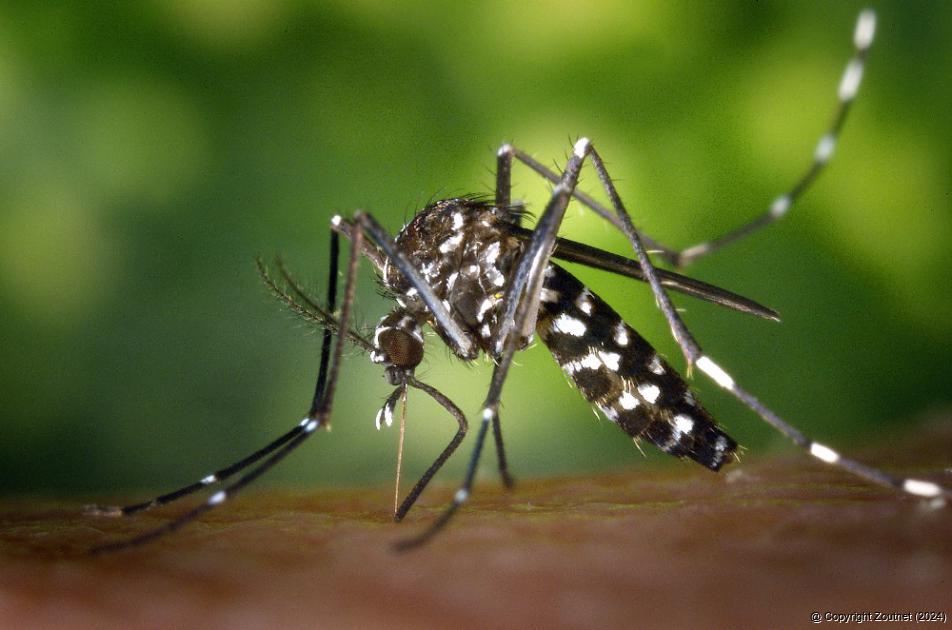

ADVERTISEMENT:

Malaria outbreak remains concern
The National Institute for Communicable Diseases (NICD) recently announced that scientists are stepping up their surveillance of South Africa’s malaria-control programme. The NICD’s announcement followed only days after the National Department of Health (DoH) issued an urgent malaria alert at the end of October.
Shortly before the kick-off of National Malaria Week (6 to 10 November), the Southern African Development Community also added their concerns about the 2017 South African malaria season (which peaked in May) being far worse than the previous year.
According to the DoH, higher-than-normal numbers of malaria cases were being reported in the malaria transmission areas (Vhembe and Mopani district) in Limpopo. This also included cases on farms along the Lephalale River, Waterberg and in Bushbuckridge in Mpumalanga.
Both the NICD and DoH agreed that these elevated incidences of malaria were caused by high rainfall, humidity and ambient temperatures. In addition, 2017’s unusually mild winter further allowed mosquitos and parasites to continue breeding and in turn led to an early start to the current season, which began in August.
“While the several thousand confirmed cases in 2017 were far fewer than the 67 000 cases reported in the malaria epidemic of 2000, it is a significant increase on 2016. The rise is causing concern among officials, who are stepping up their scrutiny of SA’s malaria control programme,” said the NICD.
According to the NICD’s deputy director, Ms Lucille Blumberg, outbreaks (like the one currently experienced) must not simply be chalked up to the changes in the weather. “…[we] always need to check the quality of any spraying programme, the presence of insecticide resistance and any change to the malaria vectors,” said Blumberg.
In the meantime, the DoH has increased its efforts to combat malaria. During a malaria week awareness visit to Mopani on Friday, 10 November, Minister of Health Dr Aaron Motsoaledi said that the South African DoH had joined forces with five other health ministries, viz. those from Angola, Botswana, Namibia, Swaziland and Tanzania, to prevent cross-border malaria infection. With this project, the DoH hopes to celebrate zero malaria cases reported by 2020.
To date, the DoH’s malaria alert still stands, which means that travellers from non-endemic areas to malaria-endemic areas and countries are vulnerable to the disease and need to take preventative measures such as taking a chemoprophylaxis or making use of a good bug repellant.
News - Date: 24 November 2017

Recent Articles
-

From sportscaster to advocate
21 April 2024 By Silas Nduvheni -

New lab welcomed by Bungeni learners
20 April 2024 By Thembi Siaga -

Rialivhuwa and Sally are king and queen
20 April 2024 By Kaizer Nengovhela -

'Headman demolished my house'
20 April 2024 By Kaizer Nengovhela
Search for a story:

ADVERTISEMENT


Isabel Venter
Isabel joined the Zoutpansberger and Limpopo Mirror in 2009 as a reporter. She holds a BA Degree in Communication Sciences from the University of South Africa. Her beat is mainly crime and court reporting.
Email: [email protected]

ADVERTISEMENT:

